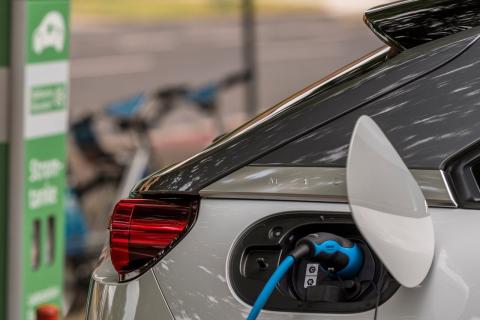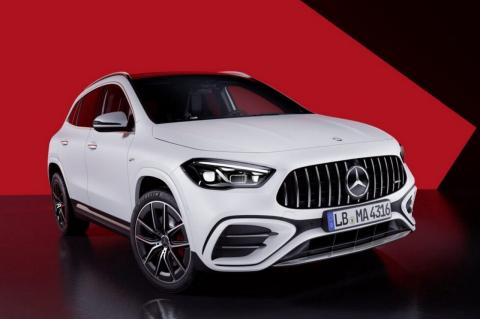The national debt for aid is too high…
Norway has long been considered the paradise of zero emission models. The title is deserved because it is the country that has invested the most in electric cars; but it is also the one that is having the most problems for it.
A few days ago, we revealed the reason why plug-in sales have skyrocketed in recent weeks in Norway. It is due to the announcement that the government of the Scandinavian country is considering withdrawing aid for the purchase of electric cars and creating new taxes that could make them more expensive as of January 2023.
The country that most opted for the electric car
In Norway, buying an electric car has much more help than if it is a combustion model. For example, plug-ins do not have to pay the Value Added Tax (VAT) which in the country is 25%.
Nor do they have to assume the registration fee (this is set, as in Spain, based on polluting emissions).
1,800 million euros of losses
That in the Scandinavian country electric cars have a very high market share has a second reading and that is that the State coffers see their collection seriously reduced. The latest data reveals that the national budget has a hole of 1,800 million euros.
But the Norwegian Government is quite clear that the commitment to electric cars and plug-in hybrids has not turned out as well as expected, especially after calculating that the state coffers have lost nearly 2,000 million euros due to the aid distributed up to the moment.
This is also the reason (or at least one of them) why next year they may introduce a new tax on vehicles based on their weight. This would especially affect the electric ones given the overweight (up to 30%) that the batteries represent.










